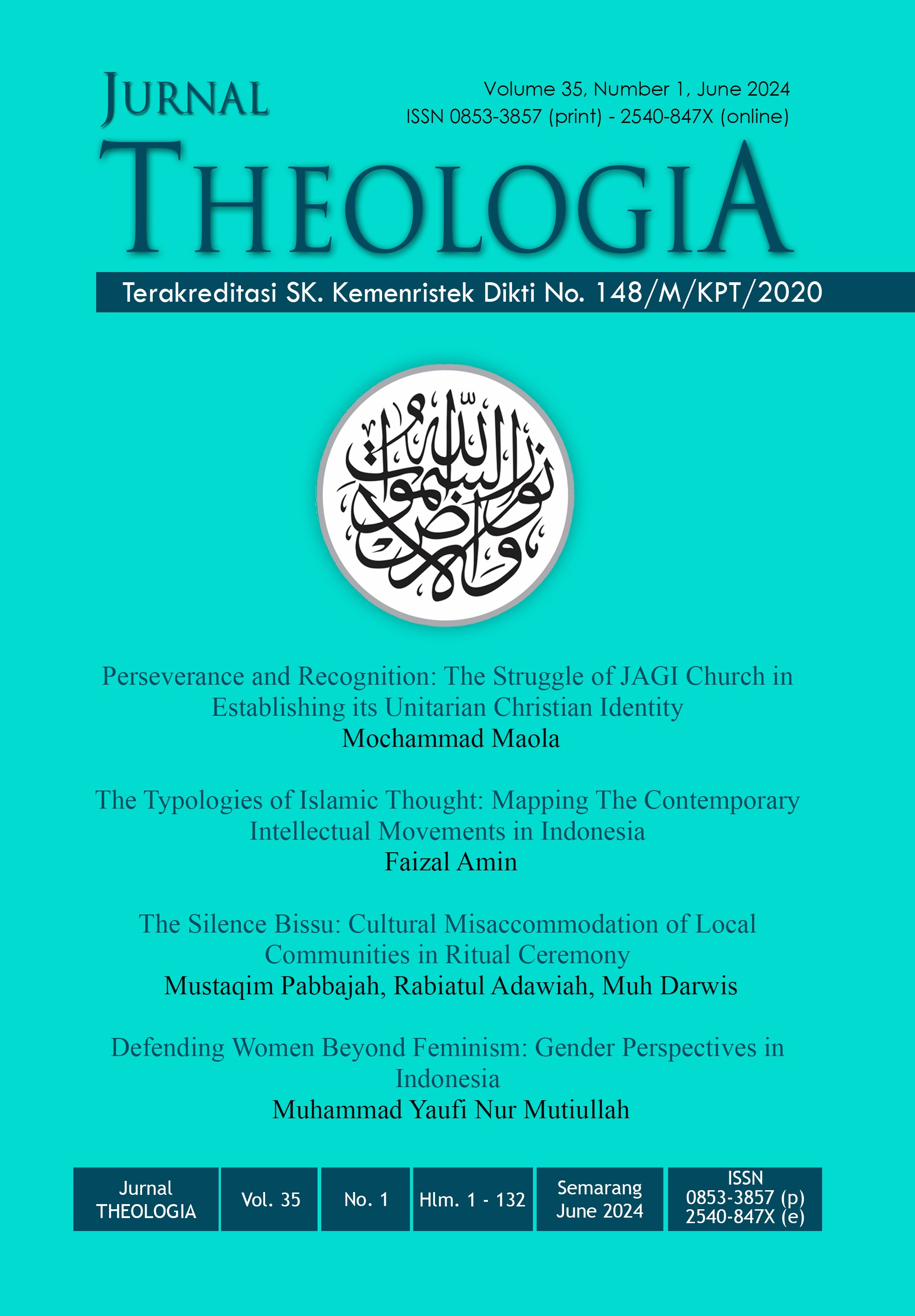Evaluating a Psychoanalytically-Informed Training Program for Personality Development among University Staff in Iraq: A Freudian Framework
DOI:
https://doi.org/10.21580/teo.2025.36.1.27312Keywords:
Freudian Psychoanalysis, Personality Development, Employee Training, Organizational Psychology, Workplace InterventionAbstract
In modern organizational settings, unresolved psychological conflicts and dysfunctional personality traits among employees often hinder productivity, workplace harmony, and overall institutional performance. This study addresses the critical need for deeper psychological interventions by exploring the effectiveness of a training program based on Freudian psychoanalysis in developing personality traits among university employees. The research aimed to design and evaluate a psychoanalytically-informed training intervention targeting core aspects of personality such as self-awareness, emotional regulation, defense mechanisms, and interpersonal functioning. Employing an experimental one-group pre-test/post-test design, the study involved 16 purposively selected employees from the University of Zakho. Participants underwent a four-week training program consisting of 12 intensive sessions. A validated Personality Traits Development Scale (PTDS) was used to assess personality changes before and after the intervention. Statistical analysis revealed significant improvements in post-test scores compared to pre-test scores, with a very large effect size (Cohen's d = 2.32), indicating the program's substantial impact. These findings highlight the power of psychoanalytic interventions in organizational development by fostering meaningful personality transformation rather than superficial behavioral adjustments. The study contributes novel empirical evidence to the field of workplace psychology, advocating for the integration of depth psychology into team member development initiatives across diverse cultural and institutional contexts
Downloads
References
Abdel-Khalek, A. M. (2011). Subjective well-being and religiosity in Egyptian college students. Psychological Reports, 108(1), 54–58.
Abdel-Khalek, A. M. (2016). The Arabic Scale of Religiosity: its development, psychometric, parameters, and relation with positive psychology variables. J. Psychol. Stud. Egypt, 26, 159–182.
Akhtar, S. (2018). Comprehensive dictionary of psychoanalysis. Routledge.
Al-Ghalib, S., & Salim, A. (2018). A mindfulness based intervention to enhance university student wellbeing in Saudi Arabia. Middle East Journal of Positive Psychology, 4, 142–157.
Alhnaity, R. (2024). Organizational Psychology in the Middle East. In Elgar Encyclopedia of Organizational Psychology (pp. 452–456). Edward Elgar Publishing.
Basurrah, A. A., Di Blasi, Z., Lambert, L., Murphy, M., Warren, M. A., Setti, A., Al‐Haj Baddar, M., & Shrestha, T. (2023). The effects of positive psychology interventions in Arab countries: A systematic review. Applied Psychology: Health and Well‐Being, 15(2), 803–821.
Bateman, A. W., Holmes, J., & Allison, E. (2021). Introduction to psychoanalysis: Contemporary theory and practice. Routledge.
Bhumika, M., Samal, R., Sharma, N., & Sharma, N. (2024). Employee Training And Development In The 21st Century: Trends And Innovations. Bhartiyam International Journal Of Education & Research, 13(2).
Bornstein, R. F. (2005). Reconnecting psychoanalysis to mainstream psychology. Challenges and opportunities. Psychoanalytic Psychology, 22(3), 323.
Buchheim, A., Viviani, R., Kessler, H., Kächele, H., Cierpka, M., Roth, G., George, C., Kernberg, O. F., Bruns, G., & Taubner, S. (2012). Changes in prefrontal-limbic function in major depression after 15 months of long-term psychotherapy. PloS One, 7(3), e33745.
Campbell, D. T., & Stanley, J. C. (2015). Experimental and quasi-experimental designs for research. Ravenio books.
Freud, S. (2019). The ego and the id. Simon and Schuster.
Hudson, N. W., & Roberts, B. W. (2014). Goals to change personality traits: Concurrent links between personality traits, daily behavior, and goals to change oneself. Journal of Research in Personality, 53, 68–83.
Johnson, B., & Flores Mosri, D. (2016). The neuropsychoanalytic approach: using neuroscience as the basic science of psychoanalysis. Frontiers in Psychology, 7, 1459.
Kumar, N. (2022). Mental health and well-being: an Indian psychology perspective. Routledge India.
Lambert, L., Warren, M. A., Schwam, A., & Warren, M. T. (2023). Positive psychology interventions in the United Arab Emirates: boosting wellbeing–and changing culture? Current Psychology, 42(9), 7475–7488.
McWilliams, N. (2004). Psychoanalytic psychotherapy: A practitioner’s guide. Guilford Press.
Patton, M. Q. (2014). Qualitative research & evaluation methods: Integrating theory and practice. Sage publications.
Roberts, B. W., Luo, J., Briley, D. A., Chow, P. I., Su, R., & Hill, P. L. (2017). A systematic review of personality trait change through intervention. Psychological Bulletin, 143(2), 117.
Rudolf, G. (2014). Psychodynamische Psychotherapie: Die Arbeit an Konflikt, Struktur und Trauma. Schattauer Verlag.
Saab, R., Harb, C., Ayanian, A. H., Badaan, V., & Albzour, M. (2022). Psychology in the Arab Region: A critical perspective on challenges and ways forward. APS Observer, 35, 35.
Shedler, J. (2015). Where is the evidence for “evidence-based” therapy. Journal of Psychological Therapies in Primary Care, 4(1), 47–59.
Solms, M., & Turnbull, O. H. (2011). What is neuropsychoanalysis? Neuropsychoanalysis, 13 (2), 133–145. ISSN.
Wang, M., Huang, C., Yang, J., & Huang, Z. (2022). Industrial and organizational psychology from a global perspective. In Oxford Research Encyclopedia of Psychology.
Zhang, L., Van Iddekinge, C. H., Ployhart, R. E., Arnold, J. D., & Jordan, S. L. (2023). The definition and measurement of human capital resources: A content and meta-analytic review. Journal of Applied Psychology, 108(9), 1486.
Downloads
Published
How to Cite
Issue
Section
License
Copyright (c) 2025 Arian Tatar Naamat

This work is licensed under a Creative Commons Attribution-NonCommercial-ShareAlike 4.0 International License.




















